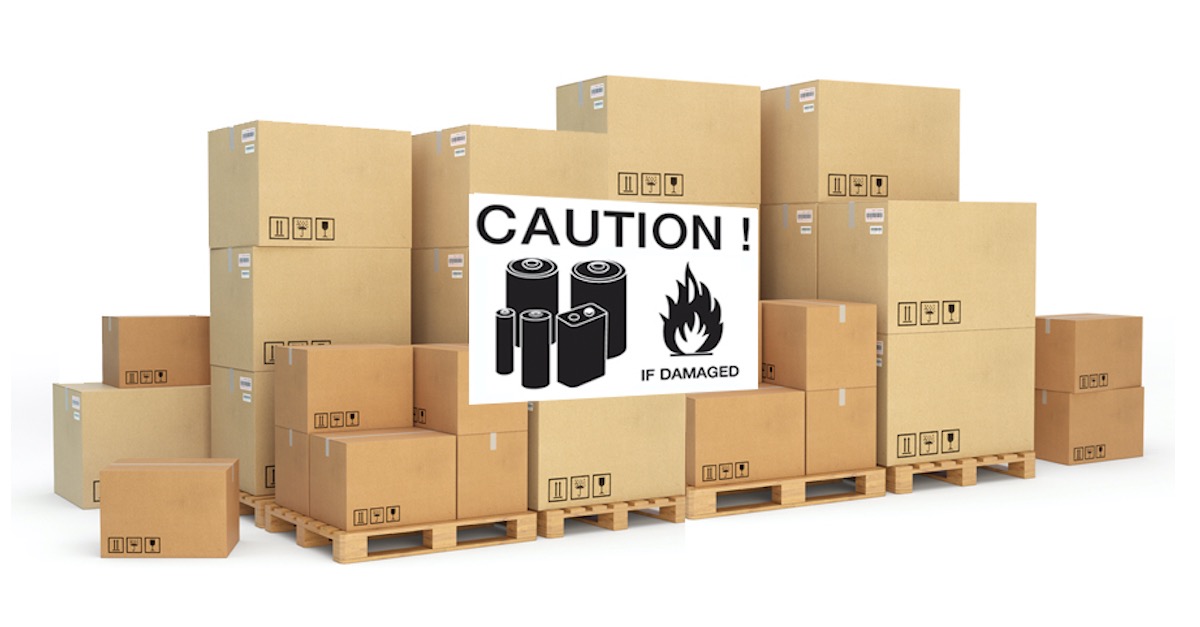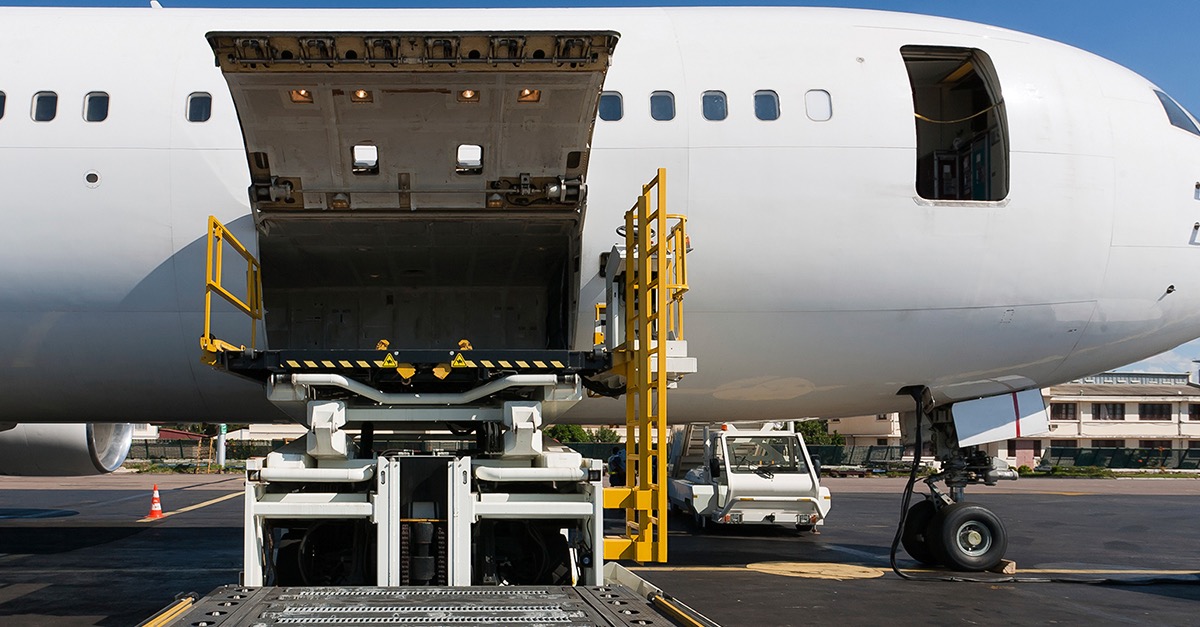Published on
April 21, 2016
By Capt. Tim Canoll
Even safer skies for airline passengers and air cargo shippers. That’s what the Federal Aviation Administration reauthorization passed by the U.S. Senate (H.R. 636) means for air transportation in this country. While ALPA will continue to press Congress to do more to combat safety risks, such as inadequately regulated lithium battery shipments and fatigue among pilots who fly cargo, this Senate reauthorization is encouraging.
Published on
April 5, 2016
By ALPA Staff
Despite mounting evidence pointing to the hazards associated with the bulk shipment of lithium batteries, the United States still has work to do to ensure that they can be safely shipped on both passenger and all-cargo aircraft. Currently, the Senate is taking action on a Federal Aviation Administration (FAA) reauthorization bill, and ALPA has worked tirelessly to ensure that this important legislation contains strong provisions on the safe transport of lithium batteries.
The international community recently agreed to new standards to improve lithium battery safety, and the International Civil Aviation Organization’s updated standards went into effect last week on April 1, 2016. These include a temporary ban on the shipment of lithium-ion batteries on passenger airliners until adequate safety regulations are in place, a ban on shipping lithium batteries with more than a 30 percent charge, and a prohibition on shipments of batteries packaged together undeclared as hazardous goods, a loophole known as “Section II overpack,” which has long been misused to get around required regulations to transport dangerous goods. ALPA has been advocating that the United States pursue full harmonization with all of those standards.
Published on
February 25, 2016
By Captain Scott Schwartz, ALPA Dangerous Goods Committee Chairman
For years, ALPA has been advancing awareness on the hazards associated with the bulk shipment of lithium batteries. Lithium batteries are more volatile than many goods currently classified and shipped as “dangerous goods,” and yet most shipments are excepted from the regulations associated with dangerous goods. Why?
Lithium batteries can self-ignite when damaged, defective, or exposed to a heat source. They also burn incredibly hot, and FAA testing has shown that fires involving lithium batteries are unresponsive to halon, the traditional extinguishing agent used aboard aircraft.
These dangers were highlighted last week when the U.S. Consumer Product Safety Commission concluded that “hover boards” are too dangerous and asked manufactures and sellers to take these items off the market.
Published on
February 10, 2016
By ALPA Staff
After the House of Representatives introduced its FAA reauthorization bill last week, ALPA quickly voiced our opposition to several components of the draft legislation, including the failure to properly and appropriately regulate the transportation and packaging of lithium batteries by air.
Published on
January 27, 2016
By Capt. Tim Canoll
Making it safer to fly shipments of lithium batteries that power everything from laptops to mobile phones is a top priority for all ALPA pilots. We aren’t asking to limit or prohibit the individual batteries that passengers carry on board a plane in personal electronic devices; we’re talking about shipments of raw batteries that are transported aboard aircraft as cargo.
Lithium batteries pose a significant safety threat to air transportation because they can self-ignite when damaged, defective, or exposed to a heat source. Recent tests by the Federal Aviation Administration (FAA) found that as few as eight lithium-ion batteries contained in a pallet shipment can contribute to an explosion on board an aircraft. Unlike a fire on a car or truck, it’s not possible to pull over when you’re flying at 35,000 feet.





